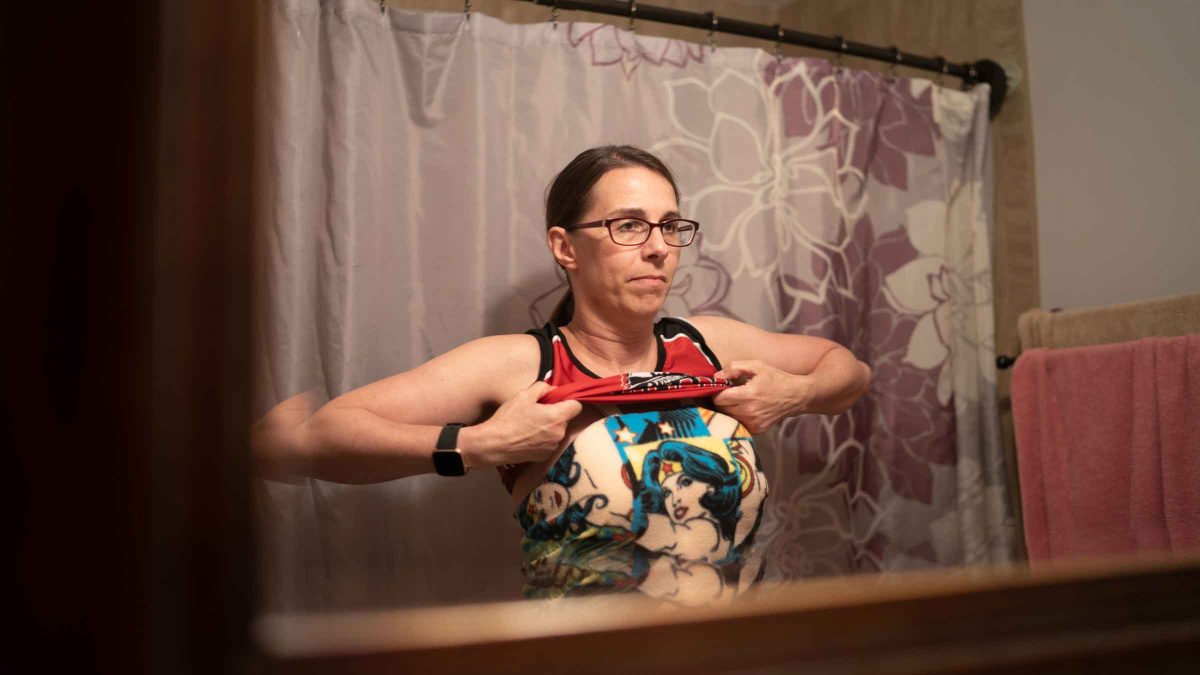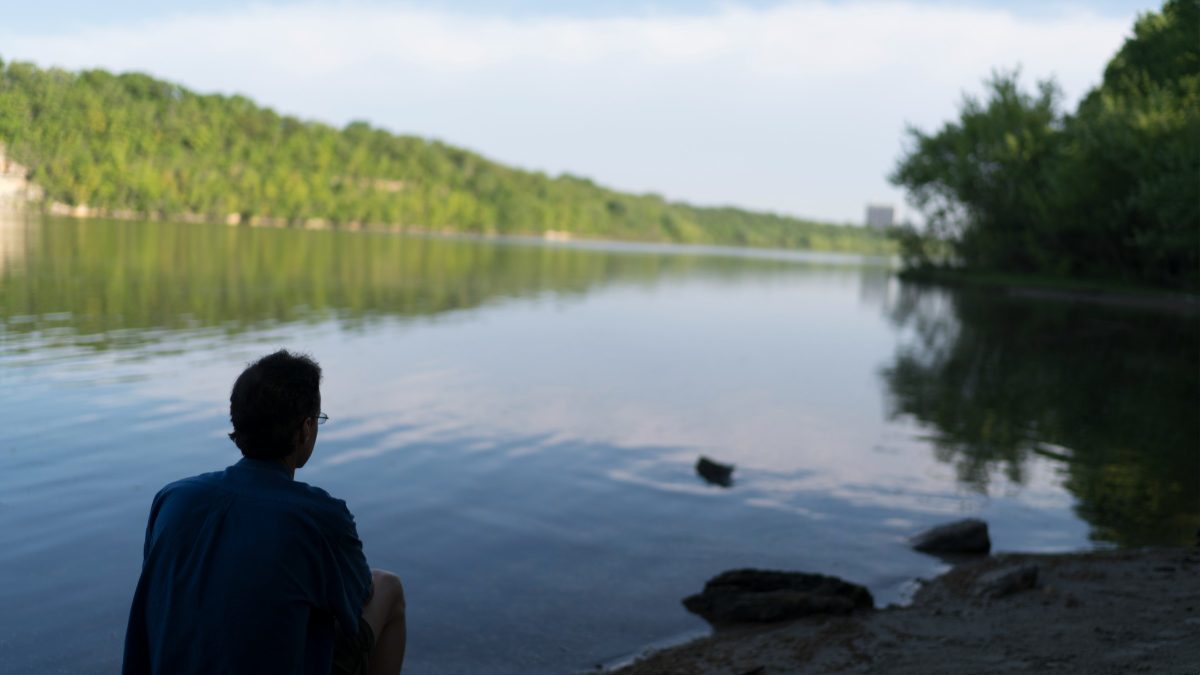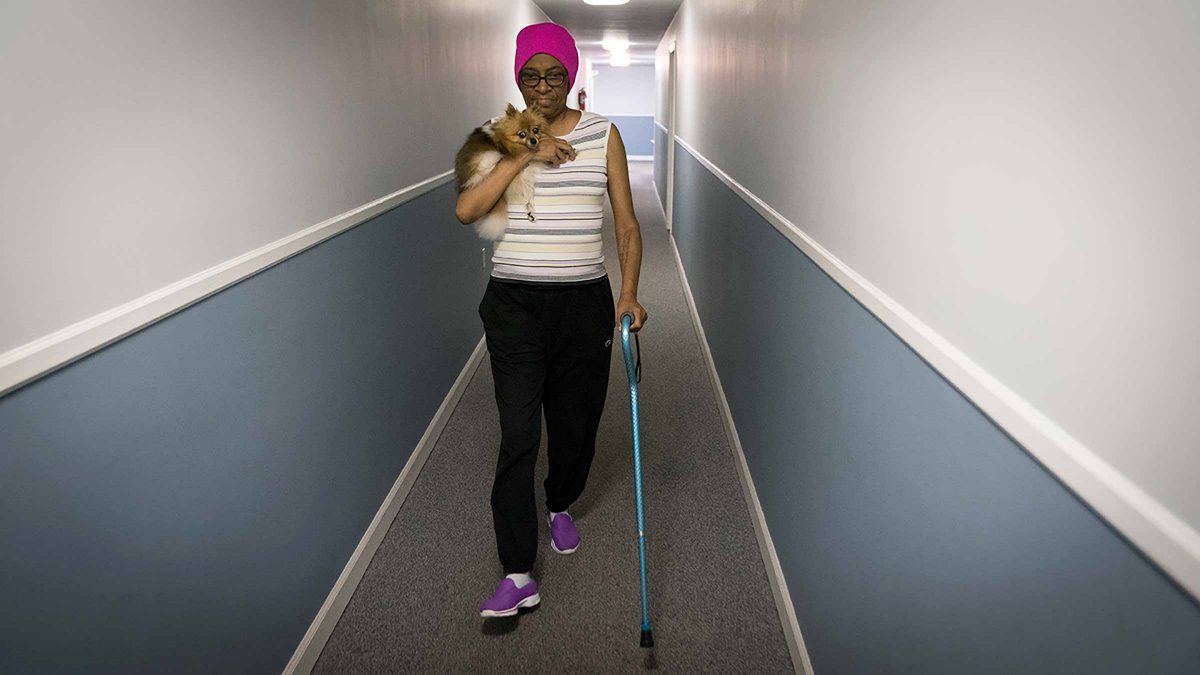How to Navigate Returning to Work After Cancer

CaringBridge Staff | 12.07.22
Pictured above is Jen Ndegwa, whose story is part of the CaringBridge How We Heal Series.
If you’re preparing to return to work after cancer treatment, you may be feeling apprehensive, or even scared. You may feel like a different person than you were before treatment. Or, you may feel confused on how your boss will respond to you being away. Know that these feelings are completely valid. Cancer is a life changing experience, and it’s okay to feel unsure about how to return back to your daily routine.
Transitioning back to work will take time, but there are steps you can take to help ease any uncertainty you may be feeling. We asked the CaringBridge community to share their advice on returning to work after cancer treatment. Through their stories, we hope you find pieces of inspiration and courage to continue forward.
Prepare With Your Work Before Returning
Before returning to work, consider discussing flexible work options with your boss, if those are a possibility. Whether it be working a remote or hybrid schedule, or working part-time, a new schedule can help ease some of the anxiety of returning to your job.
When it comes to talking with your employer about your diagnosis, know that you can be selective with who you tell. Your diagnosis and treatment plan are your personal business. You are not required to tell your co-workers about treatment unless you’d like to.
“I think having the support of your employer is key. I returned to work 2 weeks after my mastectomy and soon realized I bit off more than I could chew. Thankfully they’ve been really understanding and have let me decide when I work and when I need time off. Setting boundaries has been a big help in terms of knowing when I am able to have meetings and if I need to limit interactions.”
Cathy I.
Accept That Change is Imminent

Cancer is powerful, and it can have both physical and psychological effects. You may be feeling like you’re a different person than who you were before treatment. It can feel difficult accepting these new changes, and that’s valid.
Give yourself grace to feel any stress or confusion that may come post-treatment. If you feel like it may impact your work, consider joining a cancer support group to speak with others in similar positions. Support groups can help you feel a little less alone in your health journey and can also provide more information and guidance on transitioning back to your daily routine.
“I was apprehensive as I wasn’t the same person who left work. I am trying to get my stress level down because if it’s not, it will affect my mindset and my work. My company is working to oblige however they can. I need to work so we are trying to get to a happy medium that is productive as well.”
Karen C.
Give Yourself Space to Take a Break

Healing from cancer treatment can be exhausting, especially when learning to cope with long term side effects. Know that you may not be able to push yourself at work in the way that you may have used to. Take frequent breaks when you need to, whether it be a quick nap or a walk around the block.
“Be prepared to be tired and need physical and emotional space. And give yourself the grace to be tired and take a break when needed.”
Cathy I.
“Don’t expect to be at the same energy level as when you left. You’ll need to take more breaks and it will take you longer to recover from hectic days.”
Heather S.K.
“Fatigue was my biggest problem. I would lay down during lunch hour to get me through the second half of the day. Rely on the support and encouragement of your coworkers.”
Joyce G.
Know There Will Be Good Days & Off Days

Healing from cancer is not always a linear journey. When you return back to work, there will be days where your energy feels restored. There will also be days where you may need to take it slower than usual. Embrace each day as it comes and trust that your body is doing what it needs to do to heal.
“I was apprehensive. I had lost my hair and was wearing a wig. It was hot and I would take my wig with me but not put it on till I got to work. . .Remember, you will have good days and you will have better days.”
Patricia L.
What Do You Wish You’d Known?
Returning to work after cancer can feel intimidating, but it’s also the first step back into a normal routine. When you return, you may feel fulfilled and uplifted by having a sense of purpose and community. For those that have made this transition, what do you wish you’d known? Feel free to share your advice and stories in the comments below.